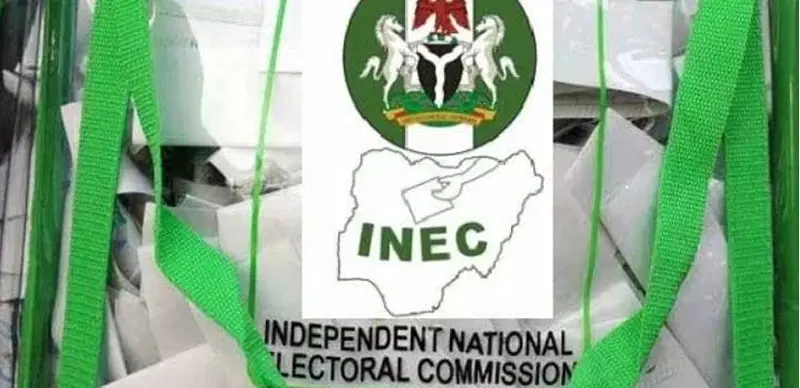ABUJA – Governors and former ministers have called on the Federal Government to reform the Independent National Electoral Commission (INEC) ahead of the 2027 general elections to restore public confidence and strengthen electoral credibility.
The call was made during a panel discussion organized by the Athena Centre for Policy and Leadership under the theme, “Innovation in Electoral Technology 2015–2025: Gains, Gaps, and the Road Ahead”, held in Abuja. The event also featured the launch of the Athena Election Observatory, an initiative designed to monitor and document electoral reforms, technological innovations, and governance trends in Nigeria and across Africa.

The high-level dialogue brought together academics, policymakers, civil society leaders, and election experts to evaluate the impact of technological innovations on Nigeria’s elections over the past decade and chart the way forward ahead of 2027.
Panelists included Anambra State Governor Prof. Chukwuma Soludo; Zamfara State Governor Dauda Lawal; former Minister of Interior Rauf Aregbesola; and National Secretary of the African Democratic Congress (ADC) and former Minister of Aviation, Osita Chidoka, who also serves as Chancellor of the Athena Centre.
Representing INEC Chairman Prof. Mahmood Yakubu was Prof. Abdullahi Abdu Zuru, National Commissioner and Chairman of the Board of The Electoral Institute (BEI).
Former Interior Minister Aregbesola criticized the current method of appointing INEC leadership, describing it as a “grandstanding deceit.”
“It is a grandstanding deceit for the principal beneficiary of electoral manipulation to appoint the INEC Chairman,” he said.
“True independence of the commission can only be achieved if political parties with parliamentary representation participate in nominating INEC leadership. Parties with at least five members in the National Assembly should nominate the chairman and commissioners. That is the only way Nigerians can have confidence in the process.”

Anambra State Governor Soludo emphasized that credible elections reflect good governance and strong institutions. He argued that reforms must focus on deepening public trust and institutional independence.
“The critical question is how we can make our institutions work. We have made progress, but we still have a long way to go in building trust in the process,” he said.
“Electoral integrity requires more than laws or technology; it depends on the conduct of those who run the process. Democracy can only be built on institutions that Nigerians trust.”
The panel discussed the progress and gaps in electoral technology from 2015 to 2025. While innovations like the Bimodal Voter Accreditation System (BVAS) and the INEC Result Viewing (IReV) portal have enhanced transparency, the human element of integrity remains critical.
Zamfara State Governor Lawal stressed that democracy depends on respect for the rule of law and accountability.
“We cannot talk about democracy without the rule of law. Institutions must reflect integrity and accountability for Nigerians to trust elections. If we want people to trust the process, we must ensure that our institutions are beyond manipulation,” he said.

Former Aviation Minister Chidoka highlighted that Nigeria’s electoral challenges stem from weak institutions and a lack of public trust.
“Institutions, not individuals, make democracy work. When institutions are weak, the system becomes personalised and unaccountable,” he said.
“Credible elections require transparency and fairness. The umpire must not be seen as a player; without transparency, democracy becomes a shadow of itself.”
Speaking on behalf of INEC, Prof. Zuru defended the commission’s efforts, asserting that the body remains committed to transparency and the adoption of new technologies.
“INEC has continued to reform its processes and build transparency in all operations,” he said, noting the establishment of an Artificial Intelligence unit to enhance monitoring and data integrity for future elections.




